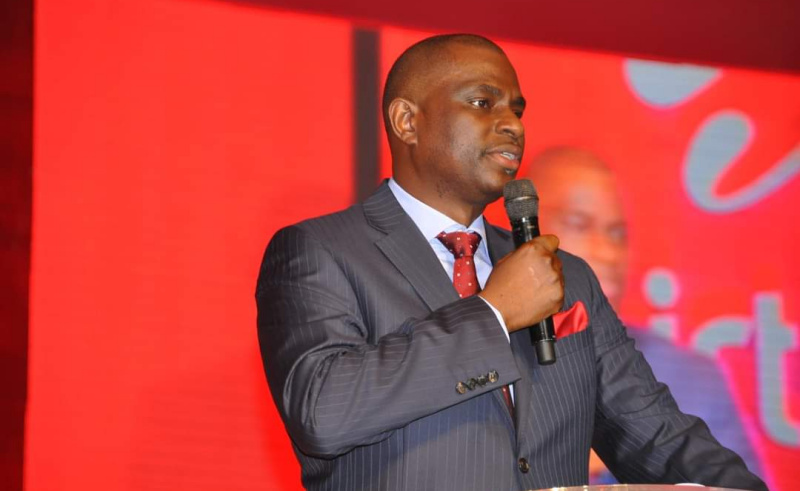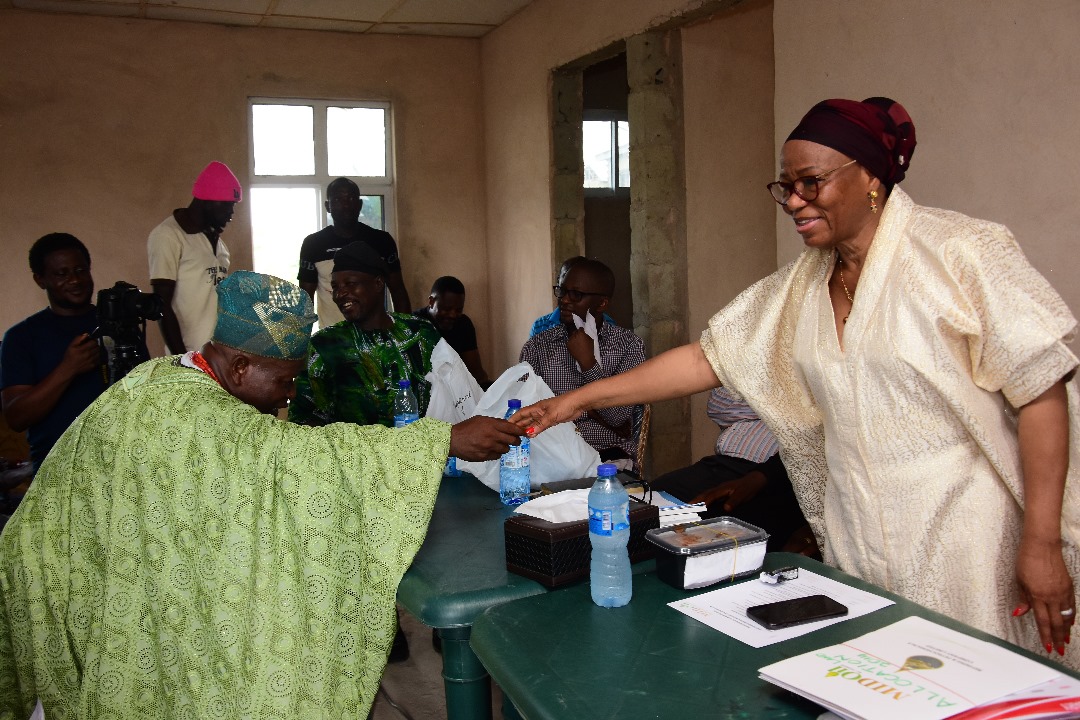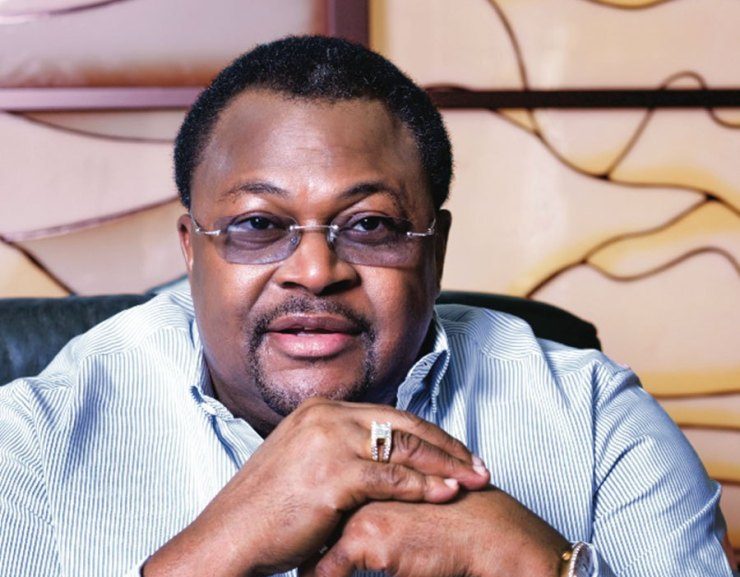By Eric Elezuo
In a bid to actualise the setting up of a refinery to further enhance the production and distribution of petroleum in the country, and also facilitate the building of more affordable houses to bridge accommodation gap, Midoil Refining and Petrochemicals Company Limited, and its sister company, Serenecity, has inaugurated a forum with its host communities of Ejinrin, Sekungba, Arogbo, Ererufu, Mogo-Olowu, Lumodan, Ododugba, Agiden, and Jagirin.
The stakeholders, including Midoil and representatives of the host communities have since held their inaugural meeting at the Ererufu Community Townhall in Ikosi/Ejinrin Local Council Development Area, Lagos State, where matters of cordiality were raised and discussed.
Speaking to The Boss, the Executive Chairman of Midoil, Mrs. Elizabeth Omolara Akintonde (JP), said “The Forum was set up to promote cordial relationship between the management of Midoil Refining and Petrochemicals Company Limited and its host communities of Ejinrin, Sekungba, Arogbo, Ererufu, Mogo-Olowu, Lumodan, Ododugba, Agiden, and Jagirin.”
Addressing the communities, and other invited guests present, according to a statement by the Media and PR Consultant of Midoil, Mr. Gbenga Onayiga, and made available to The Boss, Chief (Mrs.) Akintonde noted that the Forum would provide a veritable platform for unfettered interaction with representatives of the communities and the company henceforth.
“This day, April 18, 2024, is quite remarkable for all of us as we hold our inaugural meeting to solidify our cordial relationship towards a common objective. This Forum will enable all concerned to deliberate on matters that will bring further developmental ideas and job creation to you, our Host Communities, Ikosi/Ejirin LCDA and Lagos State at large,” she said.

She reiterated the need for inclusivity in the planning and execution of the multi-billion Dollar project which would change the landscape of the area while appealing for the cooperation of all stakeholders.
According to Chief (Mrs.) Akintonde, “the Midoil 3 in 1 investments pursuant of its human capital development would provide massive employment and reduce poverty in Ikosi/Ejirin LCDA and Lagos State.
“In this light, we have directed contractors handling the Refinery and the Serenecity Construction Projects to patronize indigenes (in particular the women folks of the host communities) in the supply of basic building materials.”
The Midoil Chairman also promised to secure slots for youths from the host communities to pursue relevant technical courses at higher institutions of learning in Lagos State, to prepare them for absorption by the company when the Refinery commences production.
Introducing the contractors for the projects, Chief (Mrs.) Akintonde urged the community leaders to be good hosts to ensure a seamless and speedy execution of the landmark project.
The event also featured the inspection and familiarisation tour of the refinery location at Sekungba/Ejirin, with one of the stakeholders, UNILAG Consult, accompanied by security agencies and contractors that will be handling the fencing of the 364 hectares of land.
In attendance were Representatives of the major host communities led by their traditional rulers, including the Baale of Sekungba, Chief Solomon Omotayo; Baale of Arogbo, Chief Adesanya Oyenubi and Baale of Ererufu, Elder Gabriel Lawal.
The CEO of Gidi Real Estate Investment Limited, Mr Tobi Akerele, whose company is amongst the new investors in the Midoil 3 in 1 Investment Opportunities, other investors and stakeholders was also in attendance.
The company’s newly appointed Architect, CORNELIAN MELIRATE LIMITED led by its Senior Partner, Ms Jane O. Udoukpo, Midoil Legal Adviser, Harris-Isa, Omoloju & Co as well as the Legal Adviser of Ererufu, Arogbo and Sekungba communities, Barr T.A. Ogunlana were also present.
Others include friends of the company, Mrs Kofoworola Olowolagba and the Midoil Toastmaster, Mr Bennet Ogbeiwi.
Responding to the Chairman’s address, the communities’ youth leaders expressed confidence in the Midoil projects and the Board of Directors.
They pledged to give their utmost support to all consultants, contractors as well as keep the company in prayers at all times.
It would be recalled that on March 1, 2024, Midoil concluded the first phase of groundbreaking, involving Midoil Serenecity: A City Within a City.
Consequently, the 2nd Phase of Midoil 3 in 1 Investment, the Modular Refinery Ground Breaking & Foundation Laying ceremony for the fencing and Entrance Access of the Refinery Land will take place on July 12, 2024 at Ejinrin/Sekungba, Lagos State.
The purpose, according to Chief (Mrs.) Akintonde, is to stop the incessant sale and encroachment of the land by unscrupulous “Omo Onile.”
Incorporated in April, 2012, Midoil Refining and Petrochemicals Company Limited is poised to distinguish itself as a leading and reputable refining and petrochemicals company with the capacity of refining 100,000 barrels per day.

 News6 years ago
News6 years ago
 Featured6 years ago
Featured6 years ago
 Boss Picks6 years ago
Boss Picks6 years ago
 Headline6 years ago
Headline6 years ago
 Headline6 years ago
Headline6 years ago
 Headline5 years ago
Headline5 years ago
 Headline6 years ago
Headline6 years ago
 Headline6 years ago
Headline6 years ago














